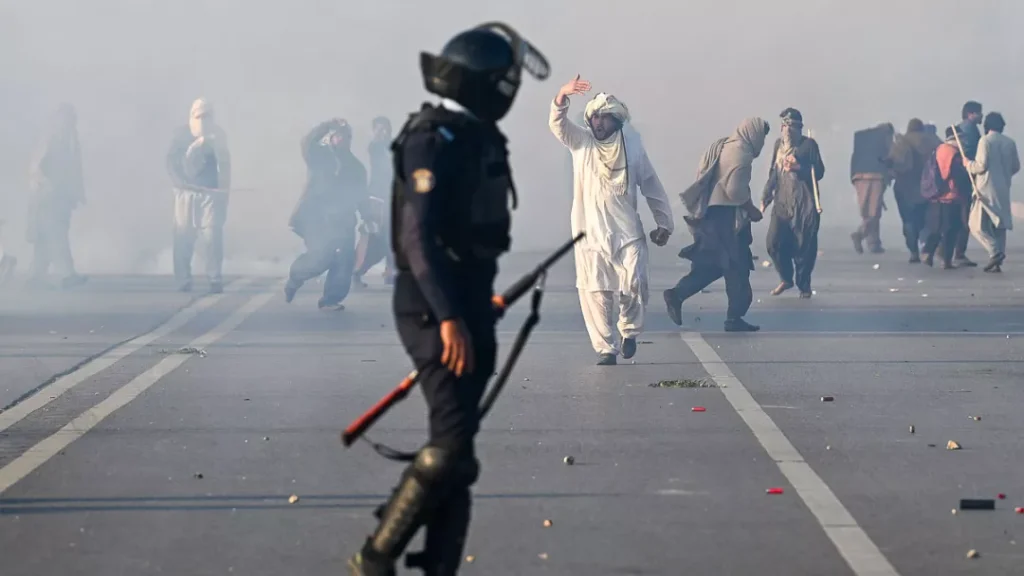The concept of democracy has long been used as a convenient narrative to justify interference in sovereign nations. While the idea of democratic values is universally cherished, the way it is wielded by Western think tanks and lobbying groups often raises questions about hidden motives. The case of Pakistan is no different.
For years, a well-funded network of Western research institutions, NGOs, and policy think tanks has carefully curated a specific image of Pakistan—one that fits the agenda of external powers.
These institutions claim to be neutral observers of global governance, but in reality, they function as echo chambers for predetermined geopolitical interests. Reports, policy briefs, and media campaigns originating from these circles paint Pakistan as a nation in perpetual crisis, ignoring its resilience, growth, and strategic significance.
Why is this narrative so persistent? The answer lies in influence and control. When a nation refuses to be dictated to—whether in economic, defense, or foreign policy matters—it suddenly becomes a “problematic democracy” or a “nation in turmoil.”
The think tanks behind such narratives conveniently ignore political crackdowns in allied states, human rights violations by strategic partners, and undemocratic interventions elsewhere.
This selective criticism is not accidental. The funding sources of these think tanks often reveal direct affiliations with governments, intelligence agencies, and lobbying groups that have a vested interest in shaping Pakistan’s internal discourse. By controlling the global conversation, they aim to weaken international confidence in Pakistan’s governance structures, paving the way for external leverage in key national decisions.
A closer look at history shows how similar tactics have been used elsewhere—Iraq, Libya, Syria, and Afghanistan were all subjected to relentless narrative-building before external interventions took place. In each case, local voices were drowned out by foreign-funded experts, dictating what democracy should look like for those nations. Pakistan must remain vigilant against this ongoing information warfare.
The question remains: Is this about democracy, or is it about deception? If democracy is truly the goal, why not respect a nation’s right to shape its own future? If democratic principles matter, why does sovereignty take a backseat when it comes to countries that refuse to comply with foreign interests?
Pakistan is not just another pawn on the global chessboard. It is a resilient nation with a strong foundation. The battle for its narrative is as crucial as the battle for its borders, and it is time to call out this deception for what it truly is.


